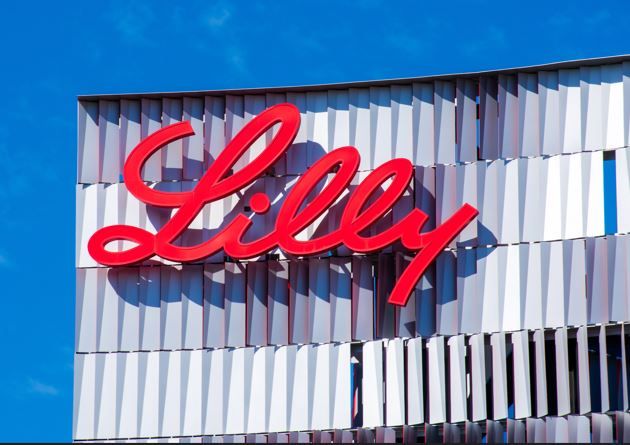- Clinical Technology
- Adult Immunization
- Hepatology
- Pediatric Immunization
- Screening
- Psychiatry
- Allergy
- Women's Health
- Cardiology
- Pediatrics
- Dermatology
- Endocrinology
- Pain Management
- Gastroenterology
- Infectious Disease
- Obesity Medicine
- Rheumatology
- Nephrology
- Neurology
- Pulmonology
Efsitora Alfa, Eli Lilly’s Once Weekly Insulin, Has Positive Topline Results in Two Trials
Across two clinical trials in the QWINT program, once-wekly efsitora showed comparable A1C reduction to frequently used daily insulins.
© MichaelVi - stock.adobe.com

Eli Lilly has shared positive study data from its QWINT clinical trial program evaluating once weekly insulin efsitora alfa (efsitora) in adults with type 2 diabetes. Across the QWINT-1 and QWINT-3 Phase III studies, efsitora demonstrated non-inferior A1C reduction compared to other popular daily basal insulins.1
Lilly has previously described the novel weekly basal insulin as a “fusion protein that combines a novel single-chain variant of insulin with a human IgG2 Fc domain.” The once-weekly subcutaneous formulation's low peak-to-trough ratio allows more stable glucose levels over the 7-day interval, according to Lilly. The company’s QWINT clinical trial program is evaluating efsitora for adults with type 1 and type 2 diabetes.
The QWINT-1 trial was a parallel-design, open-label, treat-to-target, randomized controlled study. It evaluated the efficacy and safety of efsitora compared to once daily insulin glargine for 52 weeks. The trial randomized 796 adults with type 2 diabetes who are insulin naïve to receive either efsitora once weekly in a single-use autoinjector or insulin glargine once daily.
Results from QWINT-1 showed efsitora reduced A1C by 1.31% compared to 1.27% for insulin glargine. With this mark, the trial met its primary endpoint of non-inferior A1C reduction with efsitora compared to insulin glargine at week 52.
The second Phase III study, QWINT-3, evaluated efsitora compared to once daily insulin degludec for 78 weeks in adults with type 2 diabetes currently treated with basal insulin. It was a multicenter, randomized, parallel-design, open-label trial. QWINT-3 randomized 986 participants 2:1 to receive either efsitora once weekly or insulin degludec once daily.
Like QWINT-1, QWINT-3 met its primary endpoint of non-inferior A1C reduction with efsitora compared to insulin degludec at week 26. Results showed efsitora reduced A1C by 0.86% compared to 0.75% for insulin degludec.
"Once weekly insulins, like efsitora, have the potential to transform diabetes care as we know it," Jeff Emmick, MD, PhD, senior vice president, product development, Lilly, said in a press release. "Many patients are reluctant to start insulin because of the burden it places on them. With a simple fixed-dose regimen, once-weekly efsitora could make it easier for people with diabetes to start and manage insulin therapy, while reducing the impact it has on their day-to-day lives."
Lilly plans to share more detailed results from both trials at an upcoming conference and have them published in a peer-reviewed journal.
In May, efsitora alfa met the primary endpoint of HbA1c reduction noninferior to the most commonly used daily basal insulins in another pair of phase 3 studies, QWINT-2 and QWINT-4, that found the antihyperglycemic equally safe and effective in adults naïve to insulin therapy and regardless of GLP-1 mimetic use.2
References
1. In a first-of-its-kind fixed dose study, once weekly insulin efsitora alfa leads to A1C reduction similar to daily insulin. News release. Eli Lilly. September 5, 2024. Accessed September 6, 2024. https://investor.lilly.com/news-releases/news-release-details/first-its-kind-fixed-dose-study-once-weekly-insulin-efsitora
2. With once-a-week dosing, insulin efsitora alfa delivers A1c reduction and safety profile consistent with daily insulin. News release. Lilly. May 16, 2024. Accessed September 6, 2024. https://investor.lilly.com/news-releases/news-release-details/once-week-dosing-insulin-efsitora-alfa-delivers-a1c-reduction
